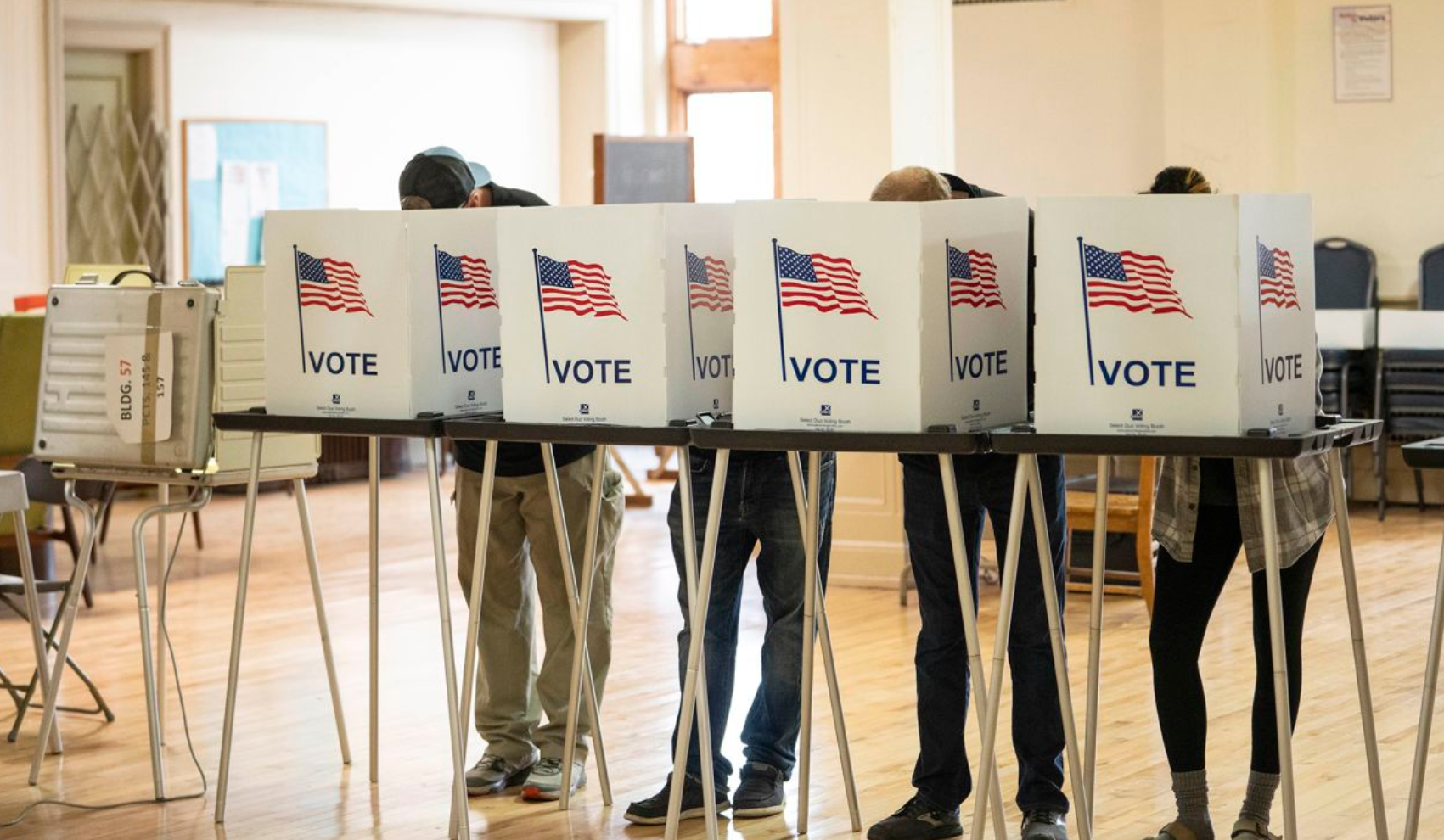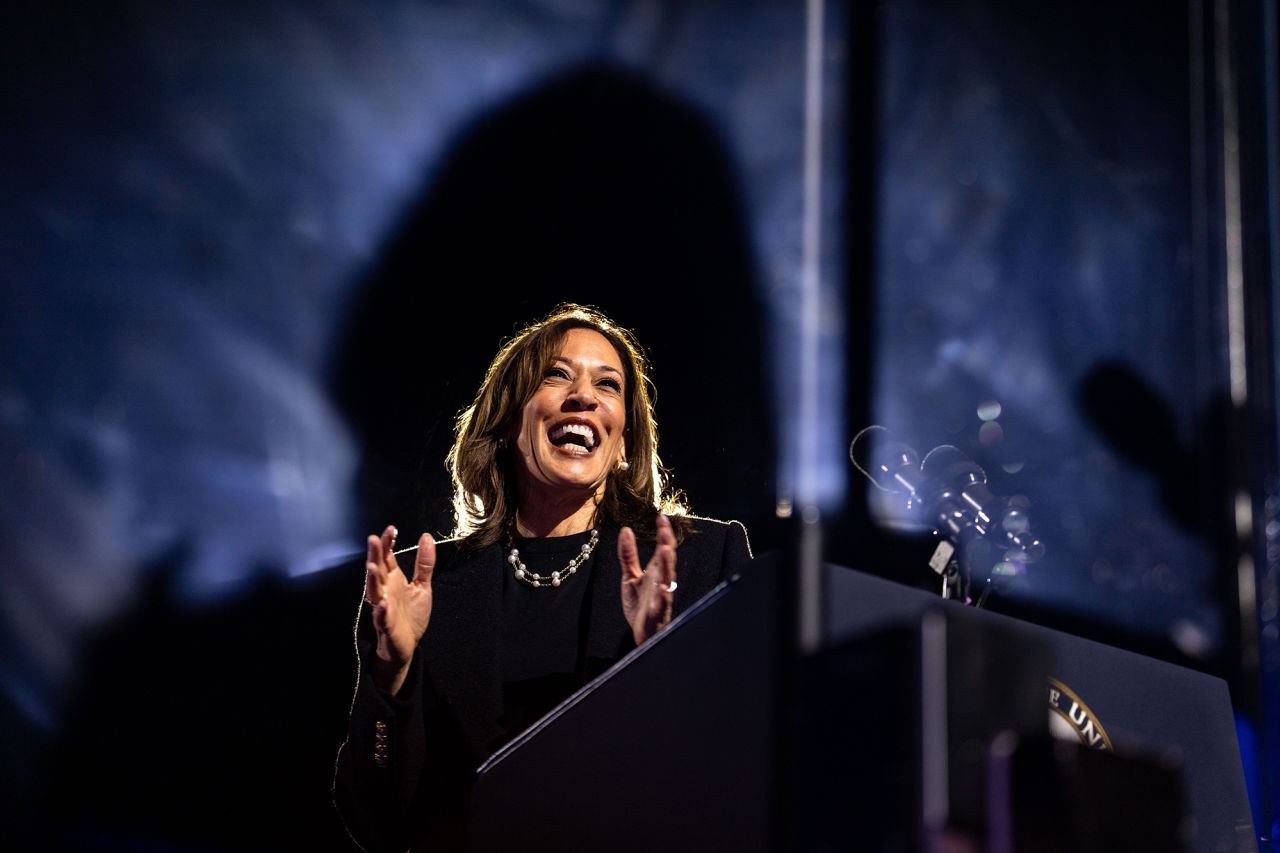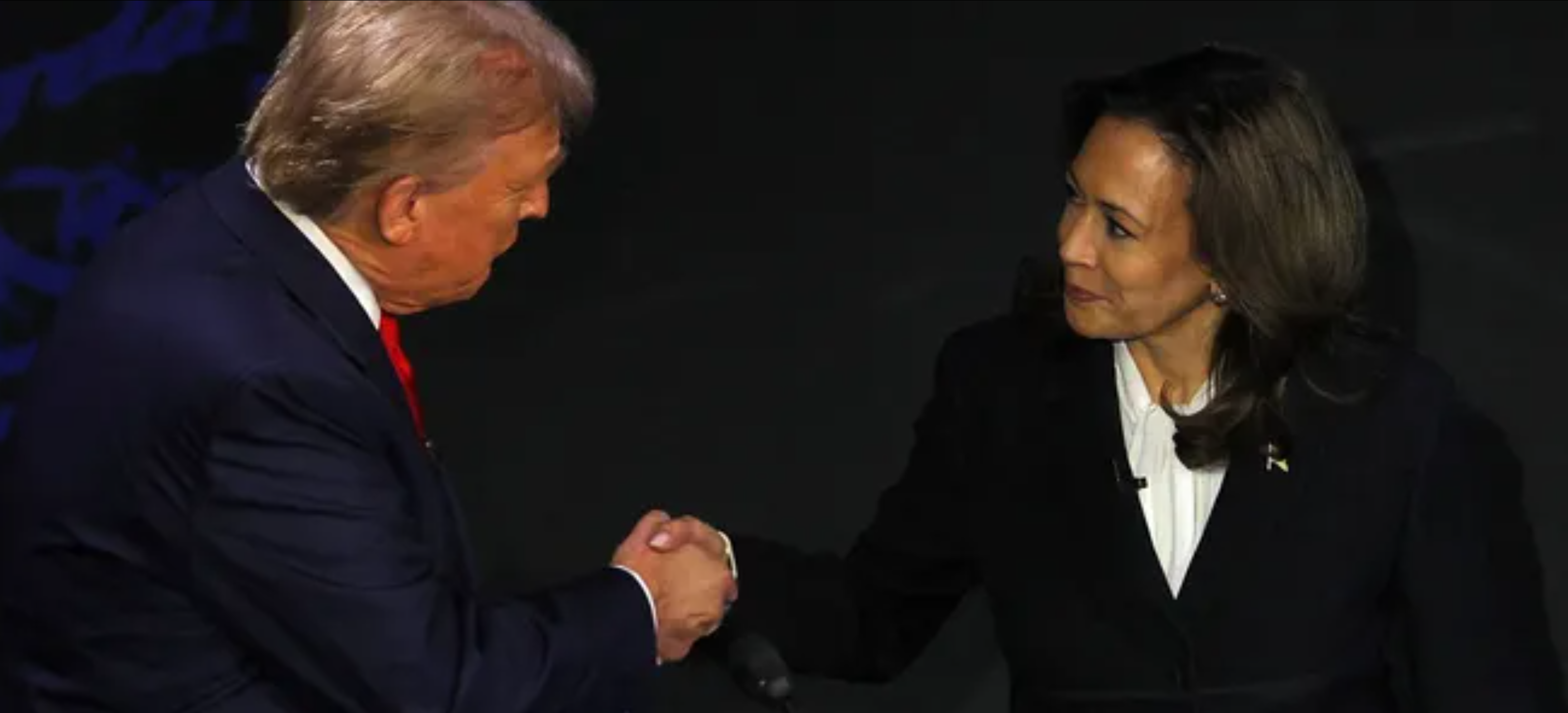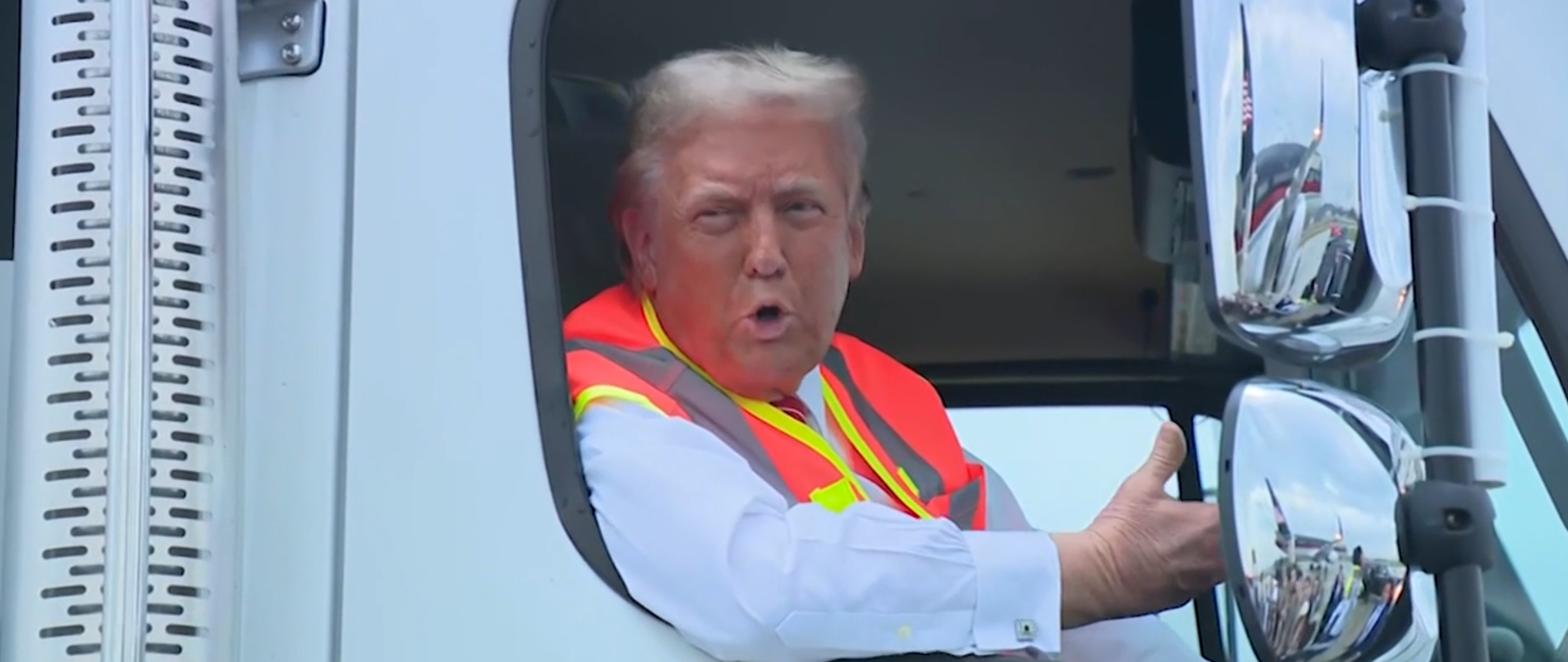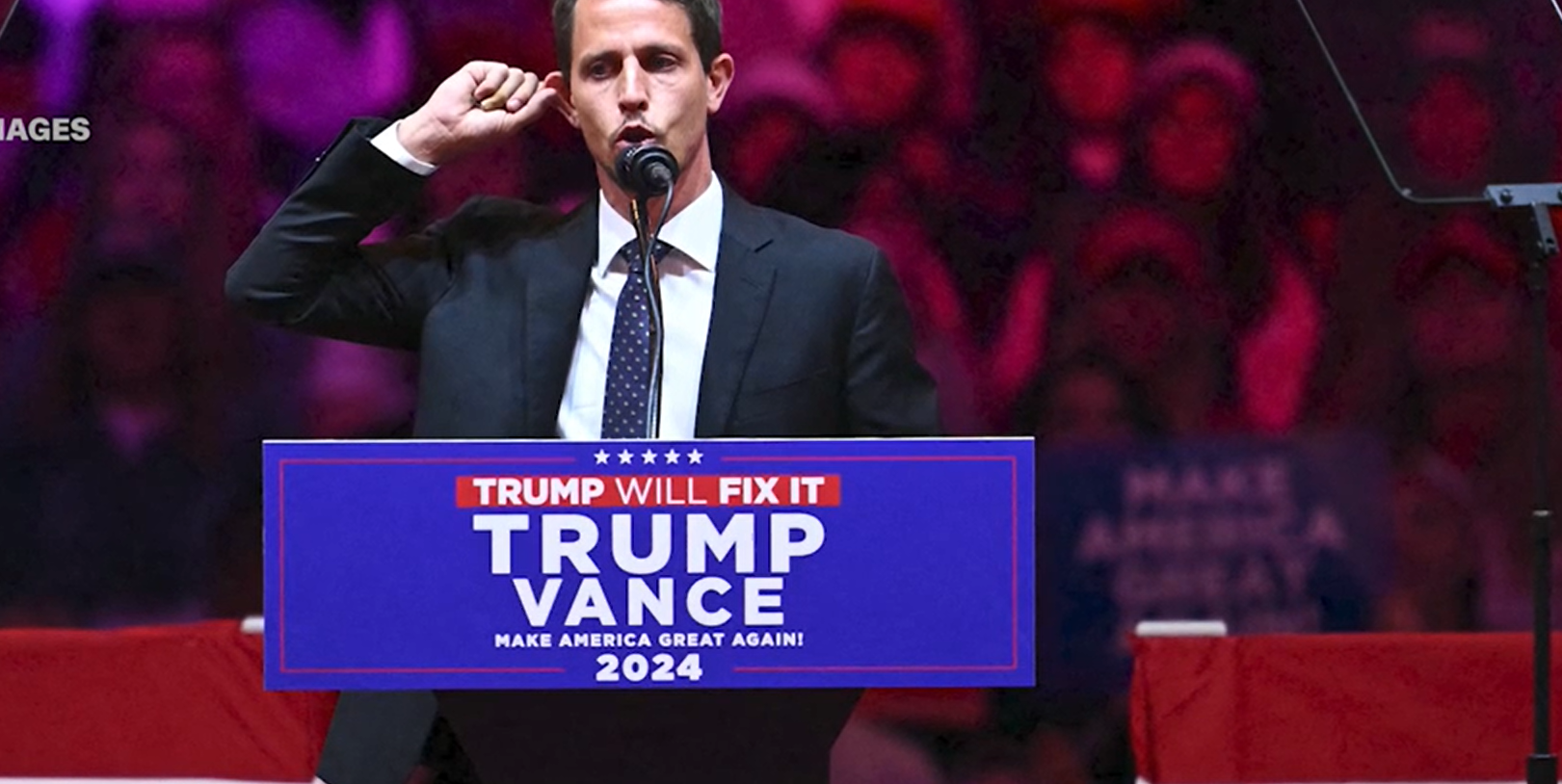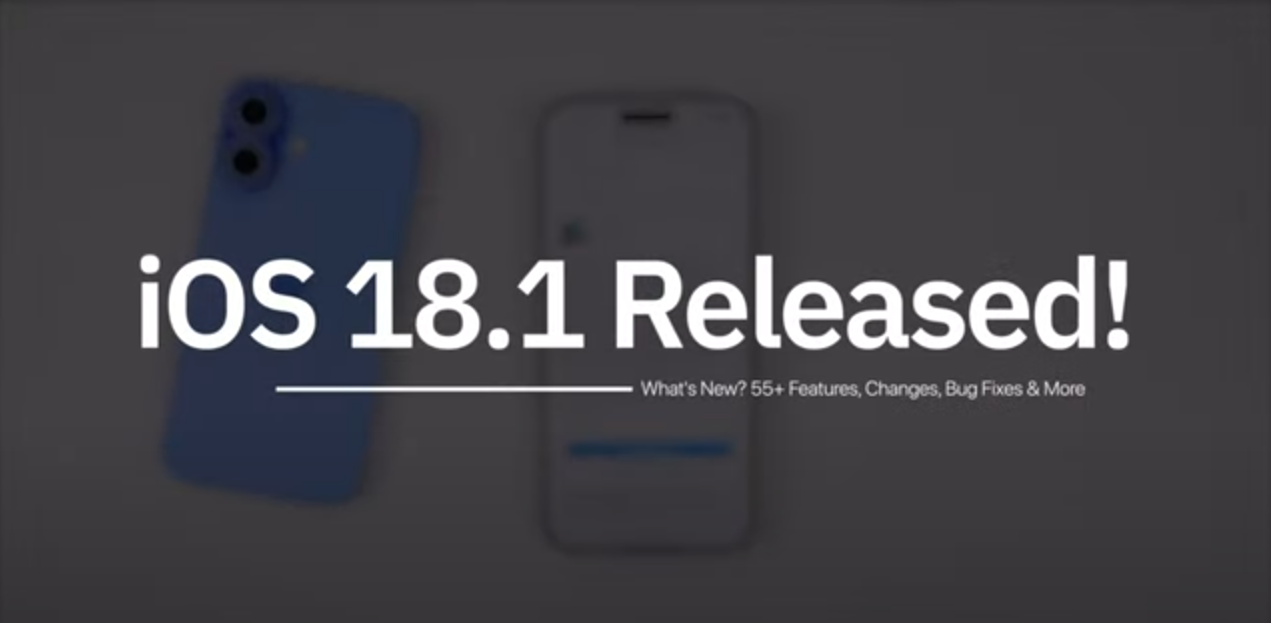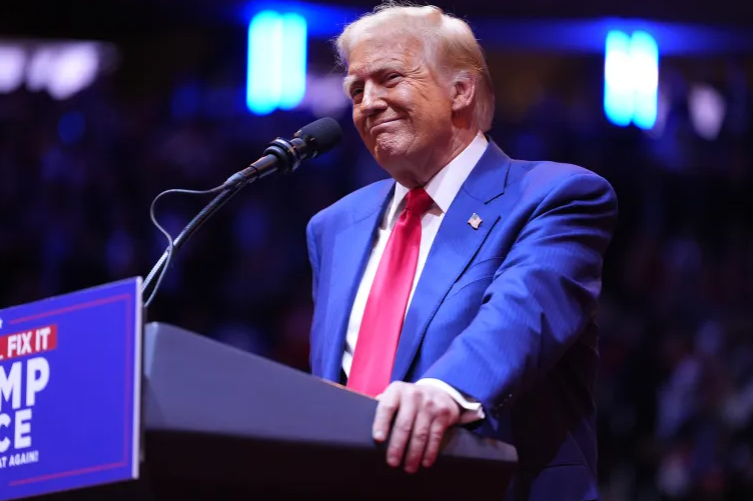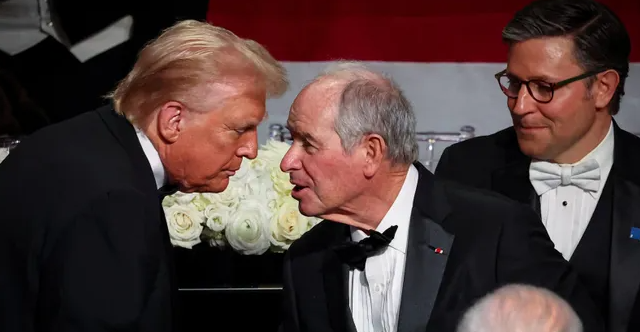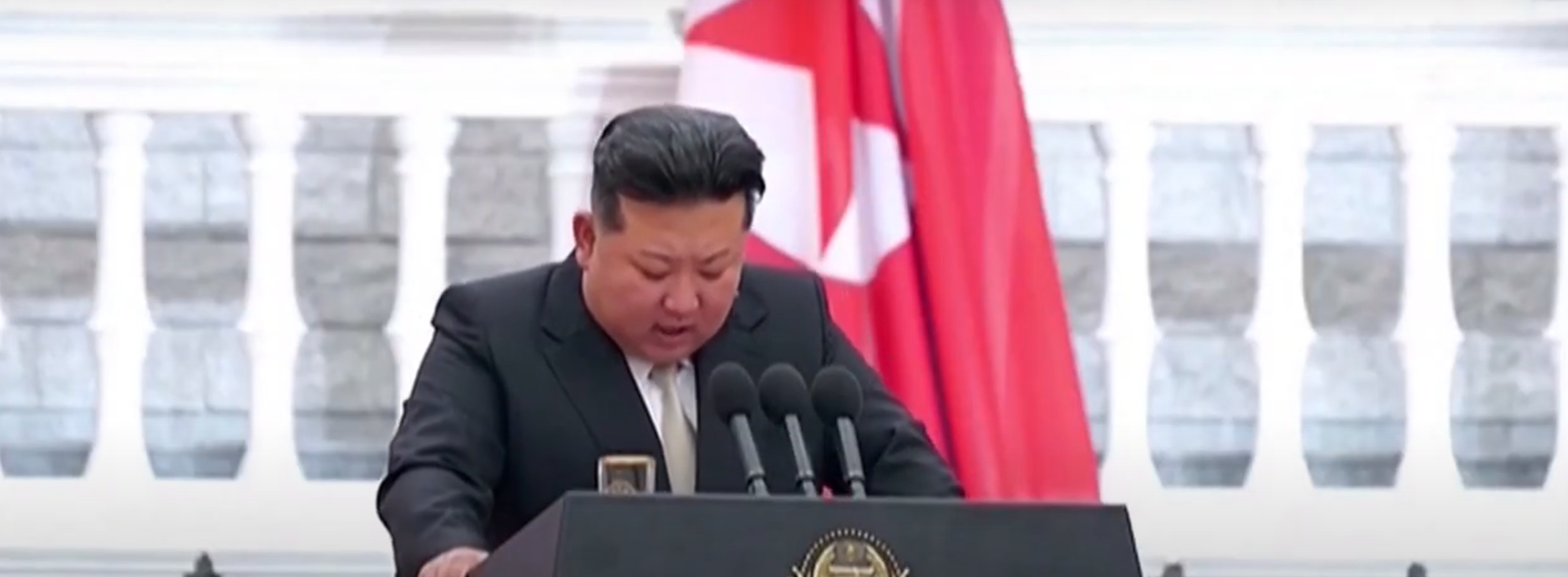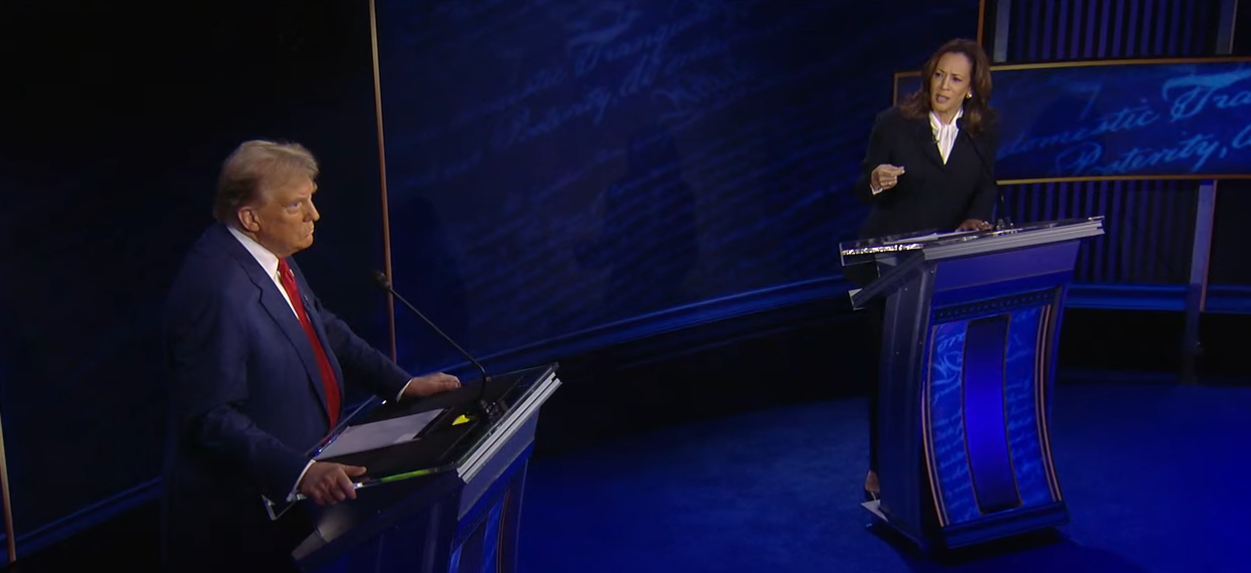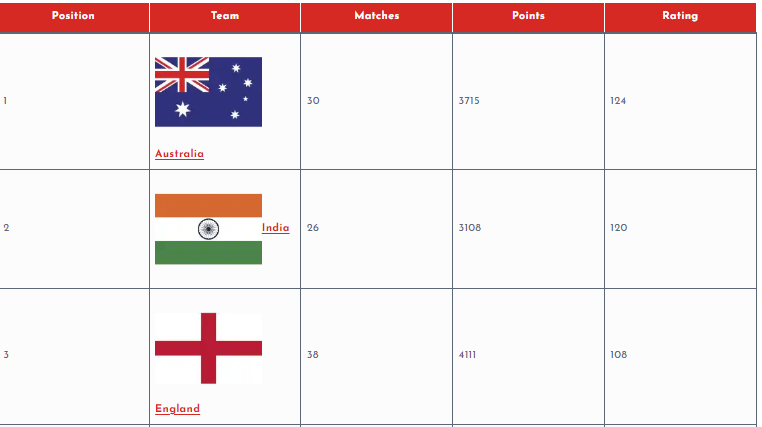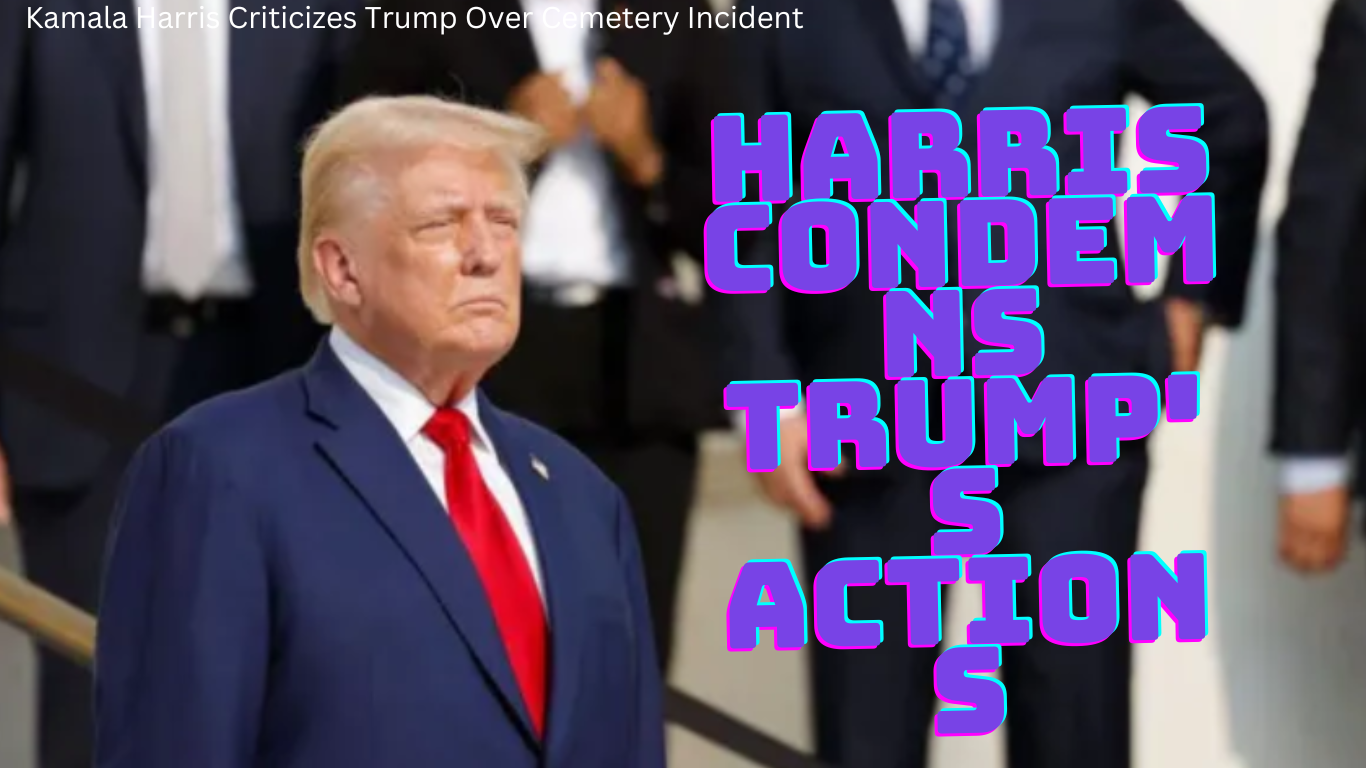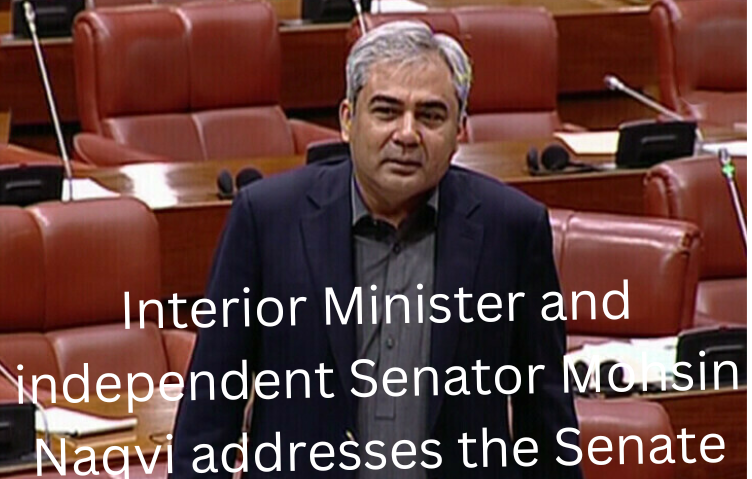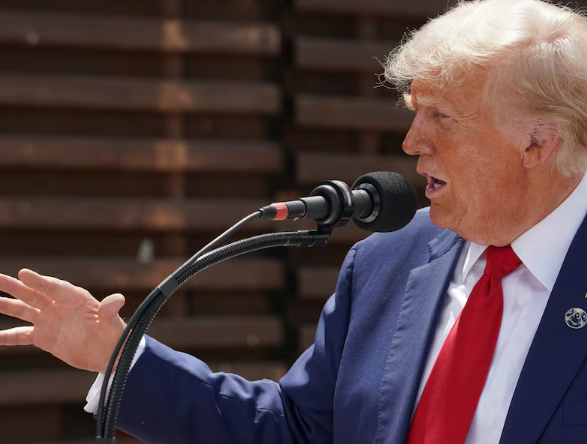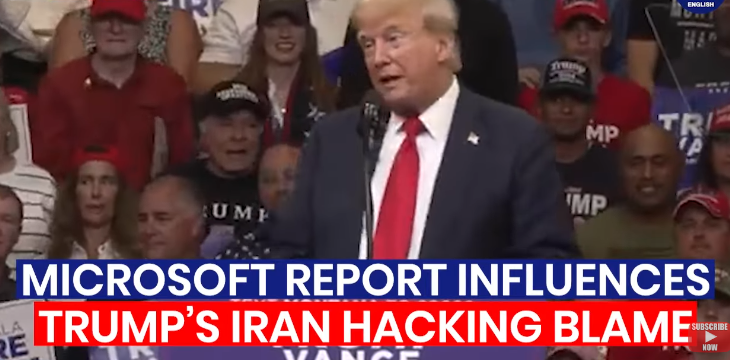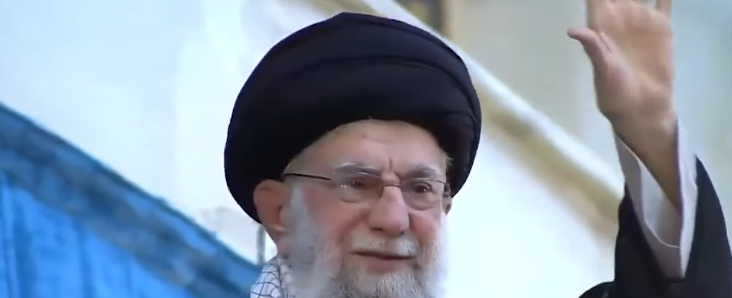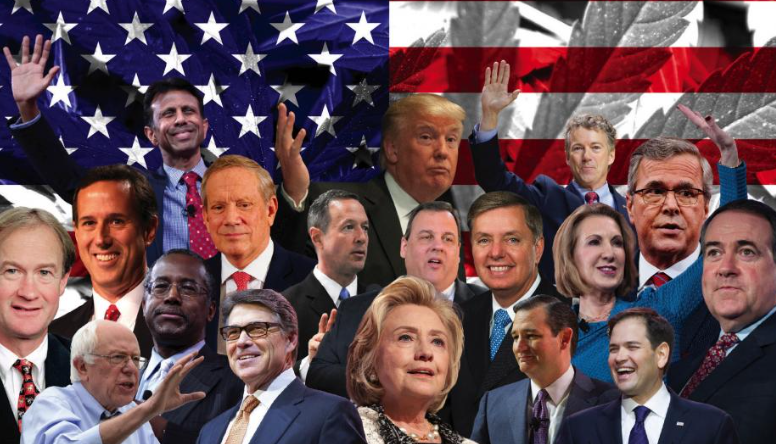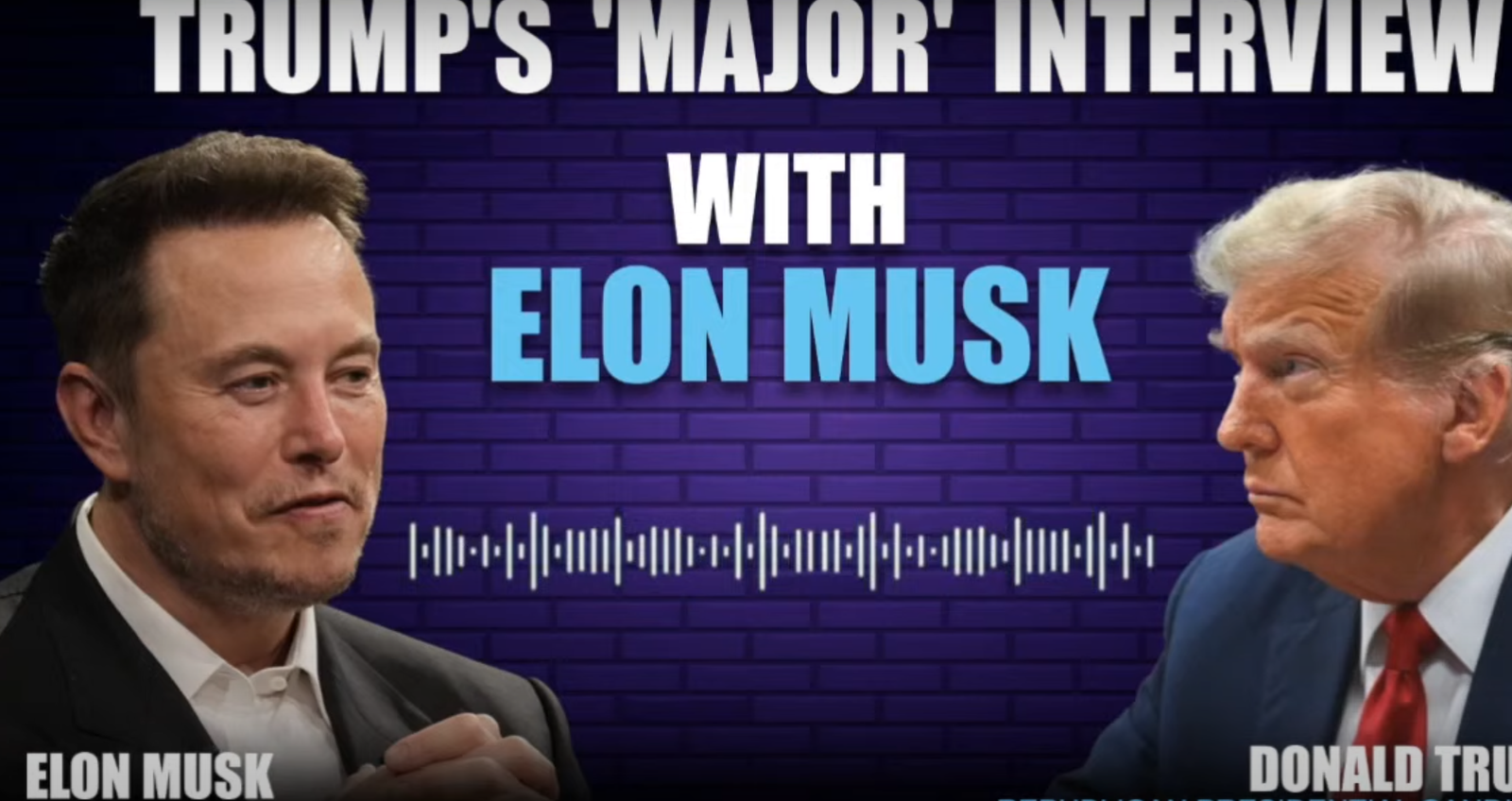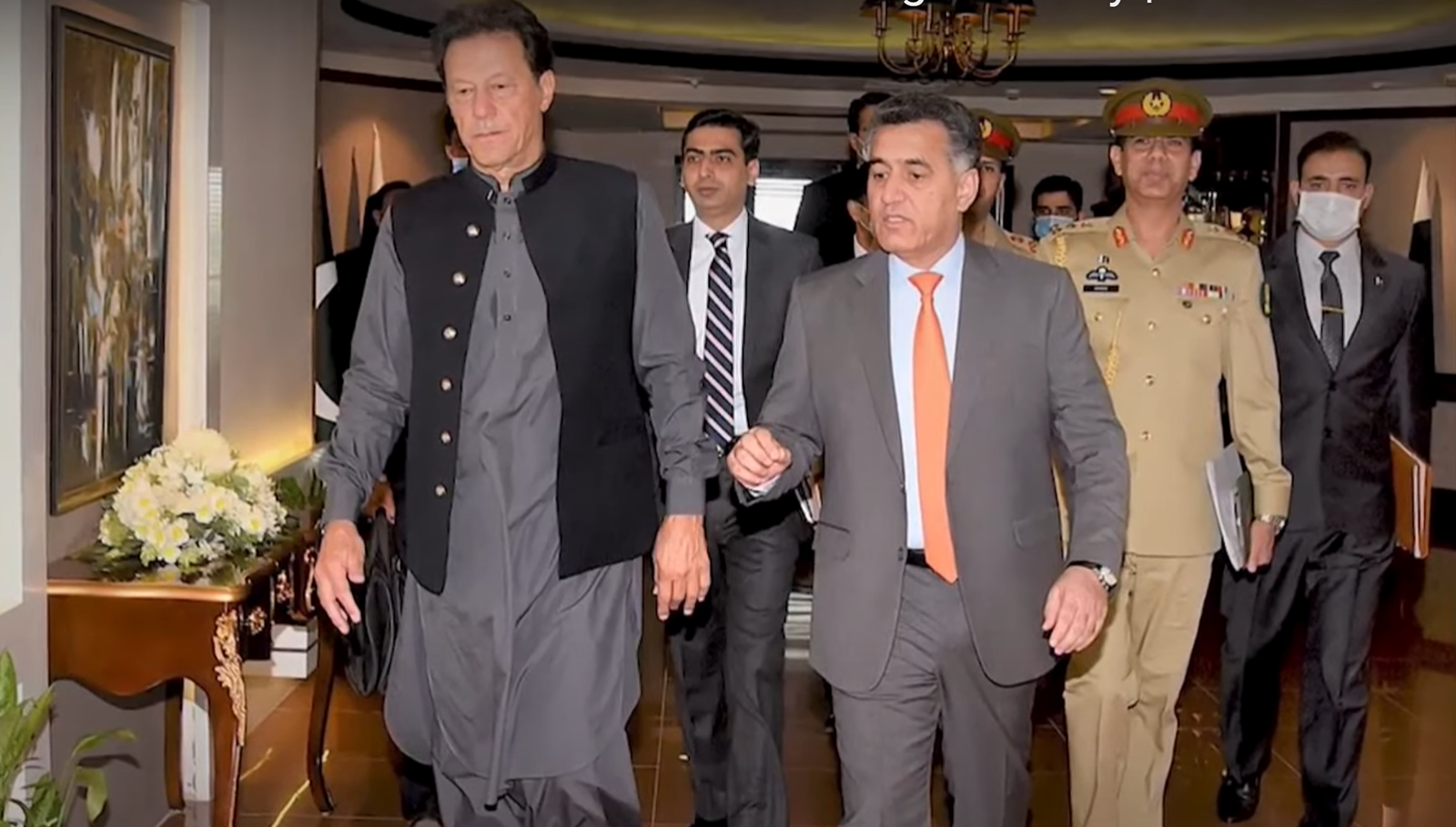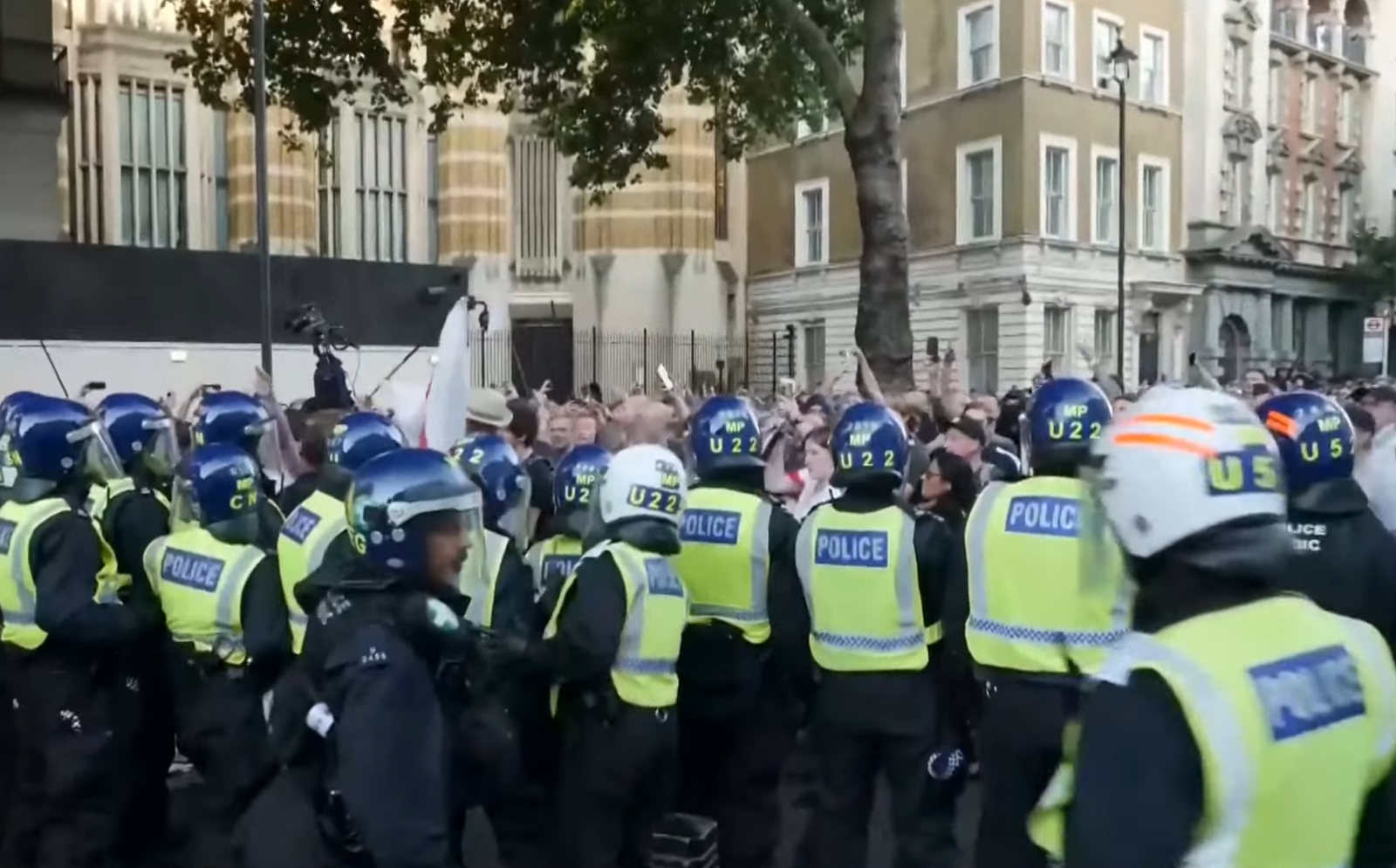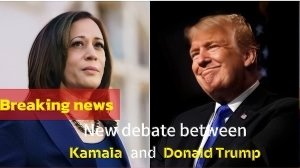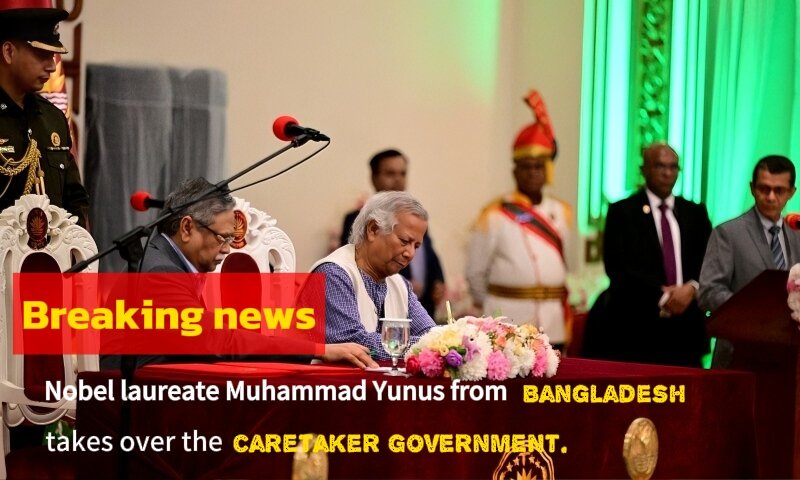
Former President Donald Trump recently proposed a debate with Vice President Kamala Harris on News, sparking controversy and disagreement over a scheduled debate on ABC. Here’s a detailed breakdown of the situation.
Trump’s Proposal
Nature of the Proposal:
Trump suggested a debate with Vice President Harris, intending for it to be broadcast on latest News. This move aligns with his ongoing strategy of engaging with platforms that he believes are favorable to his viewpoints.
Strategic Intent
Trump’s choice of News is significant as it’s known for its favorable coverage of his previous presidency and current political activities. This proposal could be aimed at maximizing his media exposure and influencing public opinion through a network that aligns with his political base.
Political Implications:
Media Dynamics
By proposing a News debate, Trump seeks to leverage the network’s large and engaged audience. News’ viewership tends to lean conservative, which could provide a more controlled and supportive environment for Trump compared to other networks.
Impact on the Vice President
For Harris, debating on News could be seen as a challenge, given the network’s editorial stance. It places her in a position where she might face a more combative environment compared to other debate platforms.
Dispute Over Scheduled ABC Debate
- ABC Debate Controversy:
- Scheduled Debate
- A debate scheduled to be broadcast on ABC has become a point of contention. The specifics of the dispute revolve around the timing, format, or fairness of the debate.
- Trump’s Position:
- Trump’s opposition to the ABC debate could be due to perceived biases or other strategic reasons. His team might argue that the network is less favorable to his perspectives or that the debate’s conditions are not ideal for him.
- Responses from Stakeholders:
- Campaign Reactions:
- Trump’s campaign might argue that a News debate is more appropriate given the current media landscape and the need for a fair platform. They may also claim that the ABC debate is biased or not representative of a balanced debate environment.
- Network Reactions:
- ABC and its affiliates might defend the debate’s scheduling and format, emphasizing their commitment to providing a neutral and comprehensive debate platform. They could argue that their network adheres to journalistic standards and aims to present balanced coverage.
Broader Context
- Historical Context:
- Previous Debates:
- In past elections, debates have been pivotal in shaping public perception of candidates. The choice of network and the debate format often play a critical role in how candidates are able to present their arguments and respond to their opponents.
- Strategic Significance:
- Media Influence:
- Trump’s media strategy continues to be a crucial element of his political approach. By influencing which debates are held and where they are broadcast, he aims to control the narrative and engage directly with his supporters.
- Public and Political Reactions:
- Public Opinion:
- The public’s reaction to the debate platforms and the candidates’ performance can influence voter perceptions and preferences. The choice of network and the dynamics of the debate could impact the overall political discourse.



